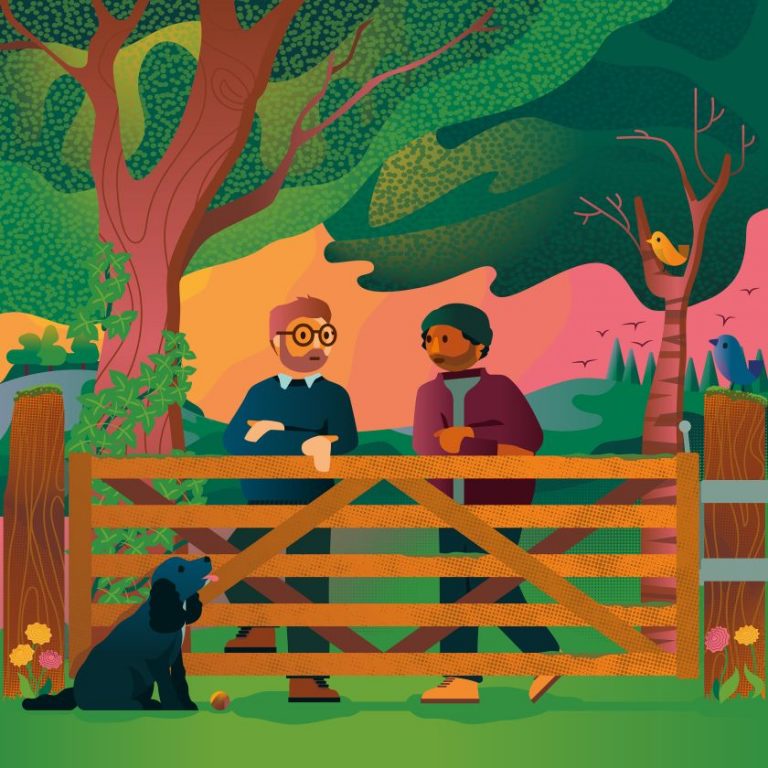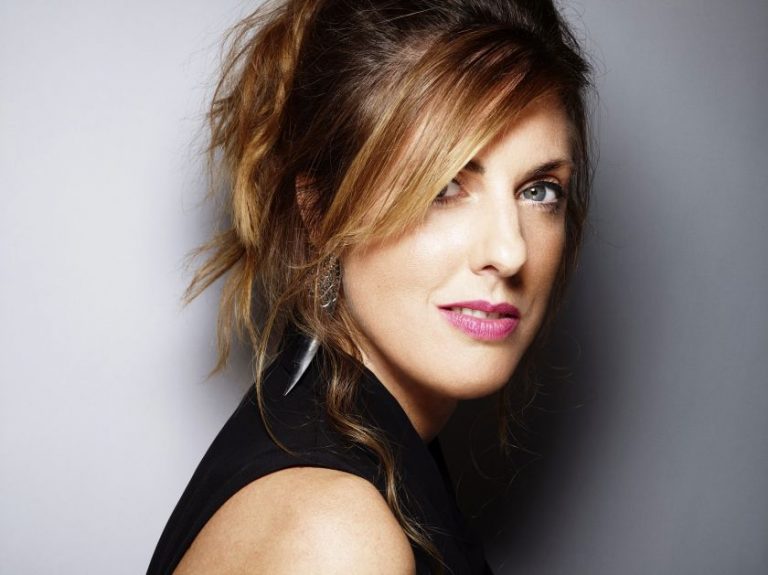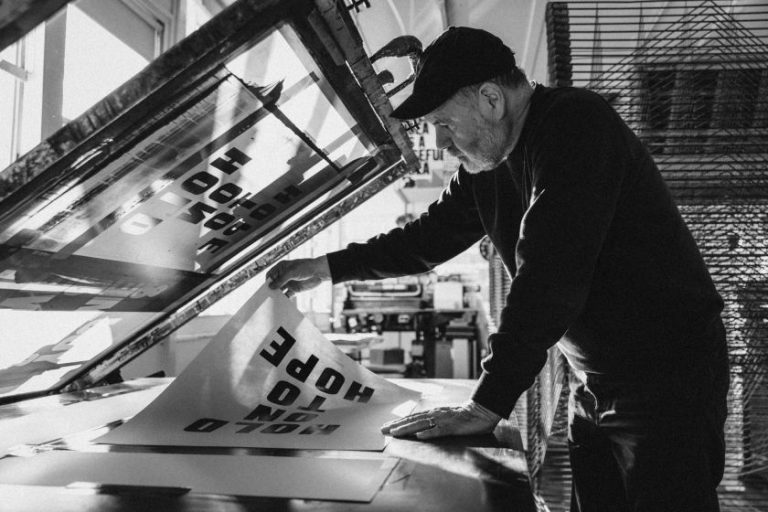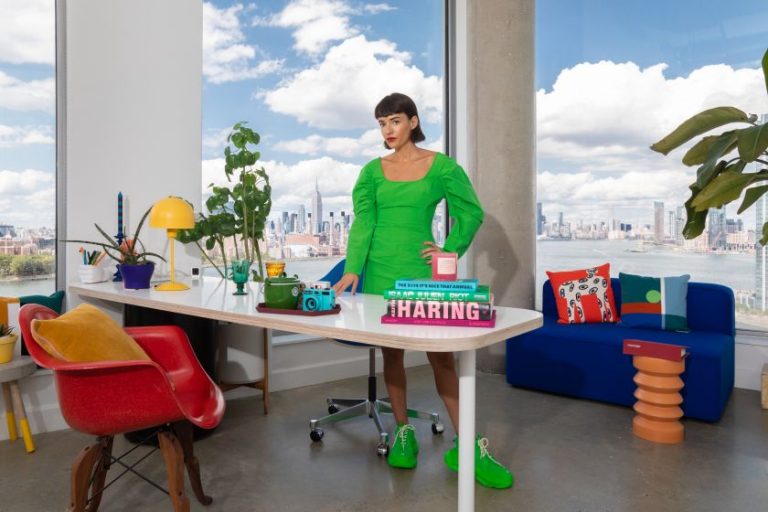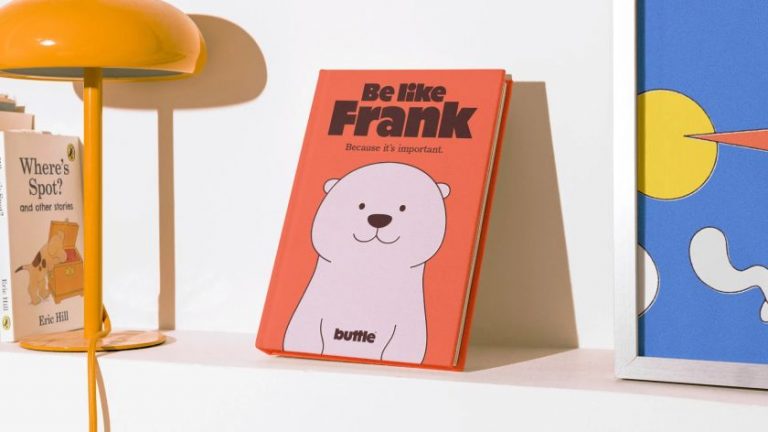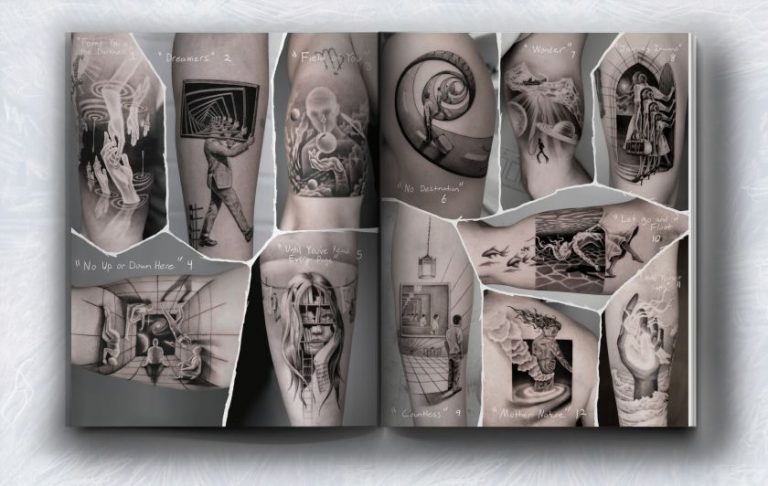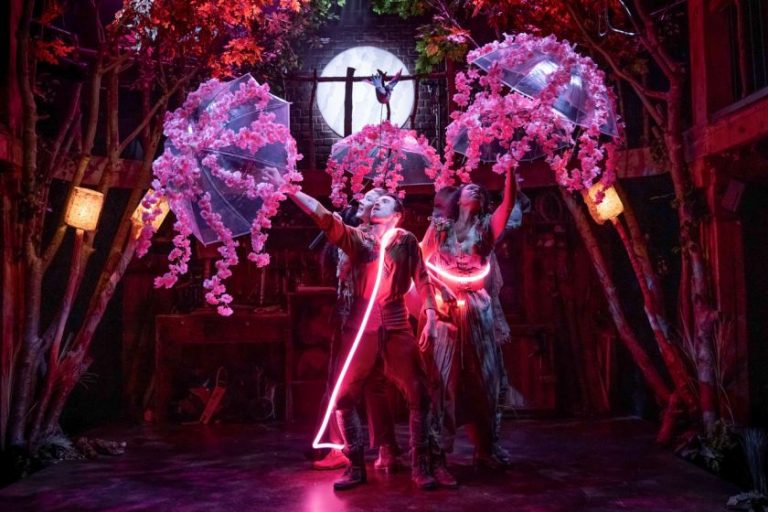The author, illustrator, and podcaster spent a decade researching and writing his new book, The Creative Condition. We outline why it was time well spent.
In a world that often feels turbulent and uncertain, a new book aims to inspire readers by highlighting one of humanity’s greatest gifts: creativity.
It’s a subject that many have tackled, of course. But in our view, author and illustrator Ben Tallon has gone the extra mile and created something quite special.
And that’s not so surprising once you learn he’s spent ten years researching his subject and conducting 64 exclusive interviews with experts across various disciplines.
After two years of writing, Ben is now finally releasing The Creative Condition: a body of work exploring human creativity. In a way, it’s a bit like a biography: not of a person but of the very idea of creativity itself.
Untapped potential
Creativity is a subject dear to Ben’s heart. For 16 years, he has illustrated and written for The New York Times, The Guardian, The Premier League, Unicef, WWE, and the BBC, among many others. Throughout this time, his love of human creativity has grown exponentially.
Yet he’s also become frustrated because he recognises that creativity’s potential role in improving the lives of all is dramatically unfulfilled, owing to deeply entrenched misconceptions and fears about its nature.
Consequently, in 2013, he began conducting a series of conversations to better understand how creativity behaves from person to person and its value in broader society and business.
Following the release of his debut book Champagne and Wax Crayons: Riding the Madness of the Creative Industries in 2015, he launched the Arrest All Mimics podcast: a formal home for this series of candid long-form interviews. This evolved into The Creative Condition podcast, which now boasts more than 250 episodes.
Now, the new book pulls together everything Ben has learned in his continuing work to help people understand and embrace creativity in their lives and the world around them.
Key to the future
Because let’s be clear: creativity isn’t just about creative professionals. Ben believes that elevating creativity’s value can become a key asset in overcoming the collective challenges we face as a society.
“Creativity is a fundamental pillar of happiness,” Ben explains. “The human race would not have survived without it. And yet in 2024, despite the presence of previously unimaginable technological advances bordering on wizardry in our trouser pockets, we continue to look upon it as mere artistic talent – or worse: hobbying – at great personal and collective cost.”
“Society has taught us that innate artistic talent is a pre-requisite for creativity,” he adds. This damaging misconception has left a worryingly high percentage of people believing they are not creative, suffering alienation and frustration in education, careers, and communities.”
Instead, he argues, creativity is a fundamental pillar of human happiness and an inevitable part of the human condition. “It is the very reason for our continued survival on this planet and must be better understood and embraced if we are to overcome the global challenges we face today. The Creative Condition is my contribution to this vital cause.”
What’s in the book
Through a diverse array of interviews, case studies, and personal insights, the book pulls back the curtain on this vital facet of the human experience that has allowed our species to survive and thrive. It features an eclectic mix of voices from neuroscience, public service, athletics, education, psychology, and the arts.
Across its pages, we hear from firefighters, reformed criminals, Olympic gold medalists, rock stars, sensitivity experts and others about the role creativity has played in their lives and work.
They include advertising legend Sir John Hegarty, graphic designer for film Annie Atkins, Happy Mondays frontman Shaun Ryder, Google Creative Lab’s Steve Vranakis, Human League and Heaven 17 founder, musician/producer Martyn Ware, Creation Records founder and former Oasis manager Alan McGee, former eBay chief curator and Moodrise founder Michael Phillips Moskowitz, and psychologist Kimberley Wilson.
As the thread that weaves these disparate voices together, Ben makes the case that embracing creativity is key to solving modern problems and leading more fulfilling lives in the face of upheaval.

